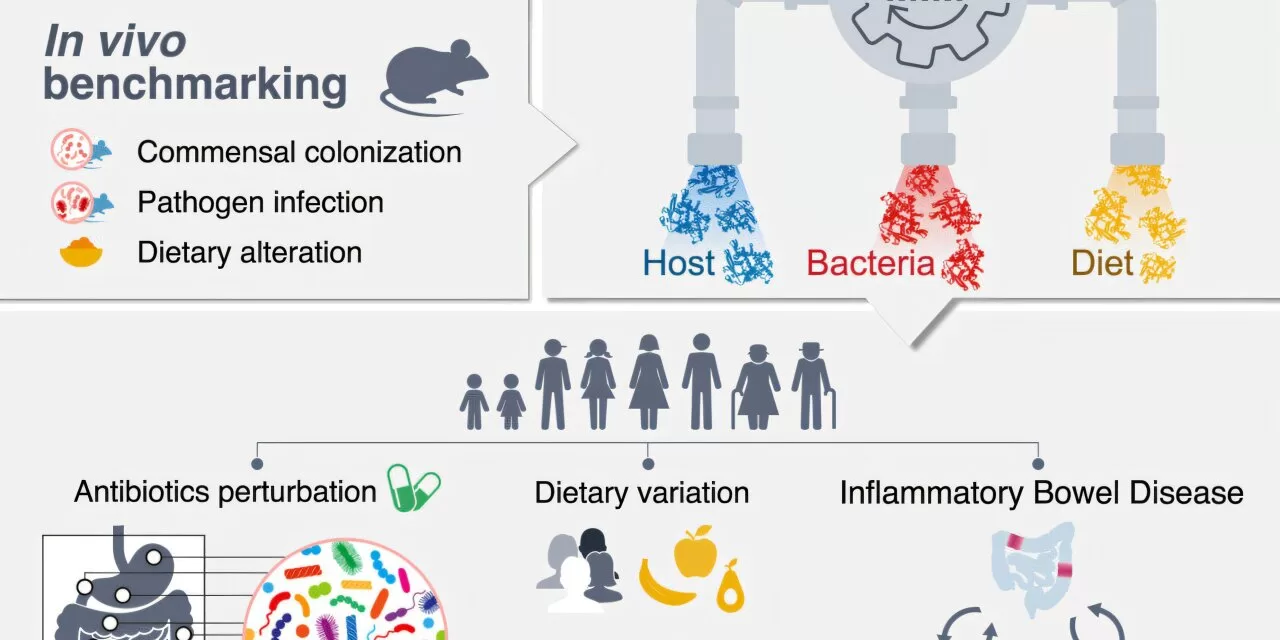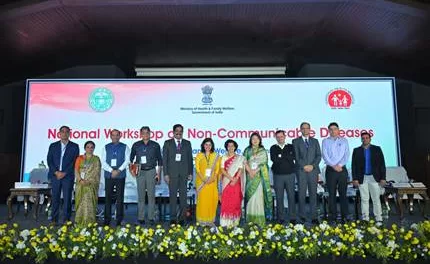Rehovot, Israel – Scientists at the Weizmann Institute of Science have developed a groundbreaking method that can analyze a stool sample to reveal a wealth of information about an individual’s health, diet, and microbiome. Dubbed IPHOMED, this technique can identify all proteins present in the intestine, including those from food, the human body, and the gut microbiome.
By decoding the complex interactions between these proteins, IPHOMED provides an unprecedented window into intestinal health and disease.
“We wanted to go beyond DNA sequencing, which only tells us which bacteria are present,” explains Prof. Eran Elinav, who led the research. “Proteins directly reveal bacterial activity and how it impacts the human body.”
IPHOMED combines DNA sequencing and mass spectrometry to create a personalized protein map. It can identify which bacterial strains are active, the proteins they produce, and how the human gut responds to these signals. This allows researchers to observe how the microbiome influences health and disease, such as during exposure to harmful bacteria or antibiotics.
Key Findings:
- Unveiling the Gut’s Secret Weapons: IPHOMED revealed that the human gut produces numerous previously unknown antimicrobial peptides that fight off harmful bacteria, shaping the unique composition of each person’s microbiome.
- No More Dietary Deception: The method can accurately track a person’s dietary intake with unprecedented detail, even identifying the consumption of small amounts of specific foods. This could revolutionize nutritional research and help individuals better understand the impact of their diet on their health.
- Advancing Disease Diagnosis and Treatment: IPHOMED has been successfully applied to studying inflammatory bowel disease, identifying new disease biomarkers and potential drug targets. It can also detect diseases in the small intestine, which are often difficult to diagnose using conventional methods.
“The proteins in the intestines are the ‘words’ that will allow us to understand what our bodies are telling us,” says Prof. Elinav. “This method will pave the way for personalized interventions for a wide range of diseases.”
This research has significant implications for improving human health by providing a deeper understanding of the intricate relationship between the gut, the microbiome, and overall well-being.
Disclaimer: This news article is based on the provided information and may not include all aspects of the original research.
Note: This article is for informational purposes only and should not be considered medical advice.












